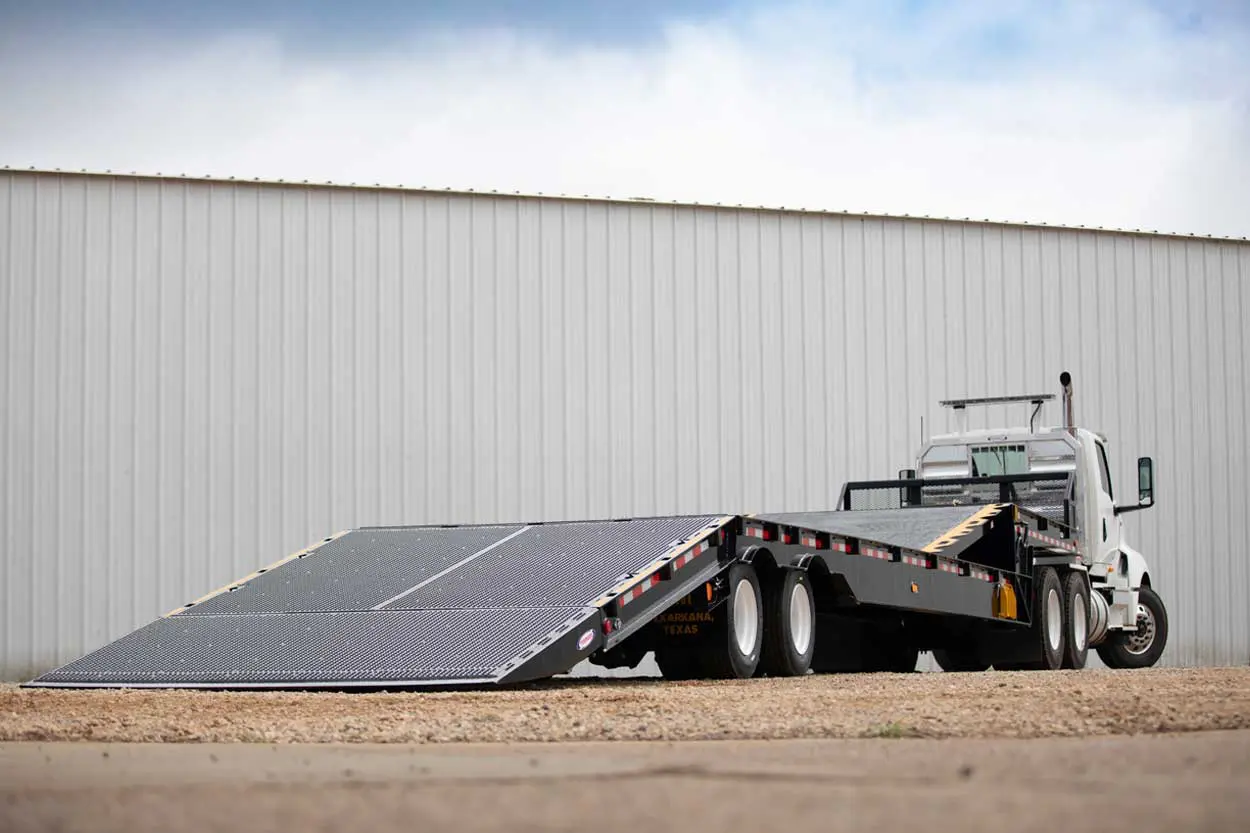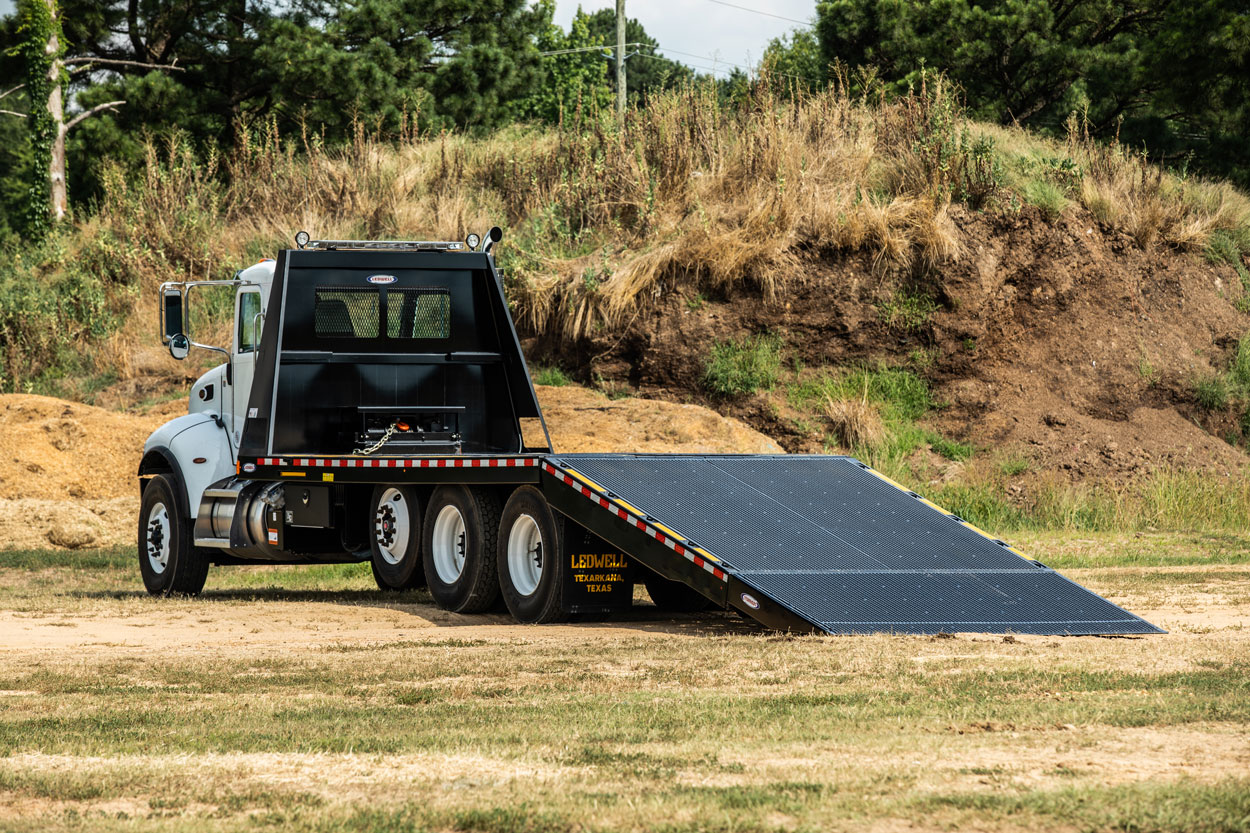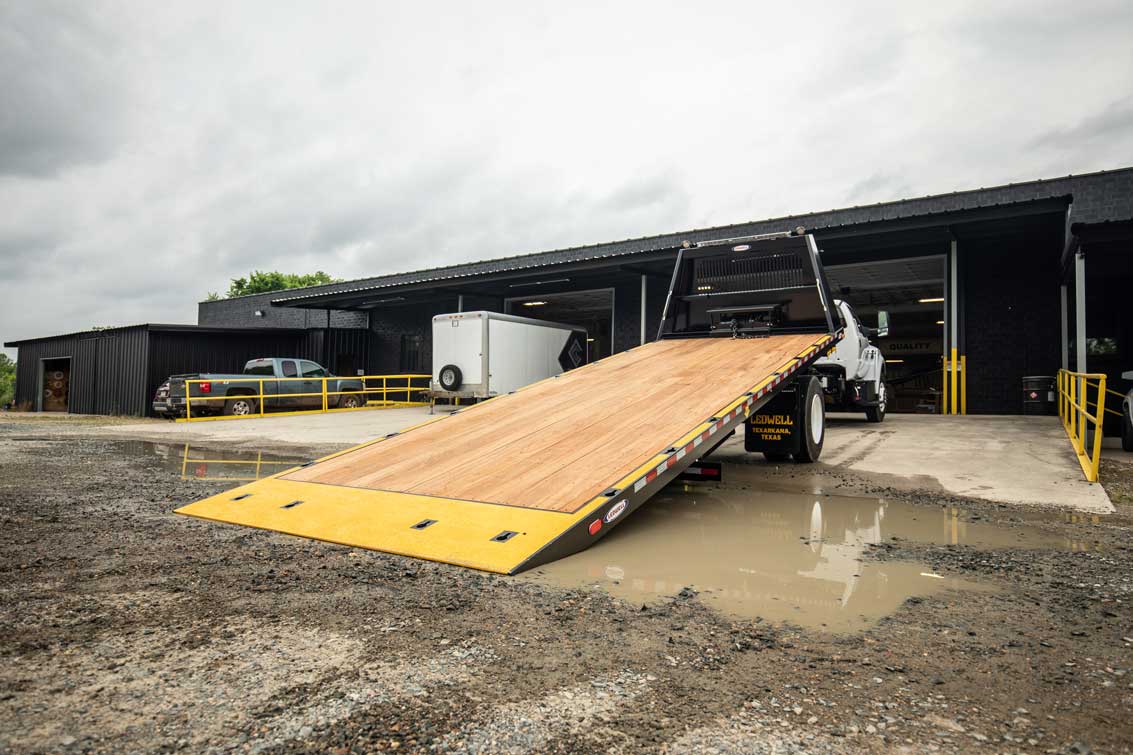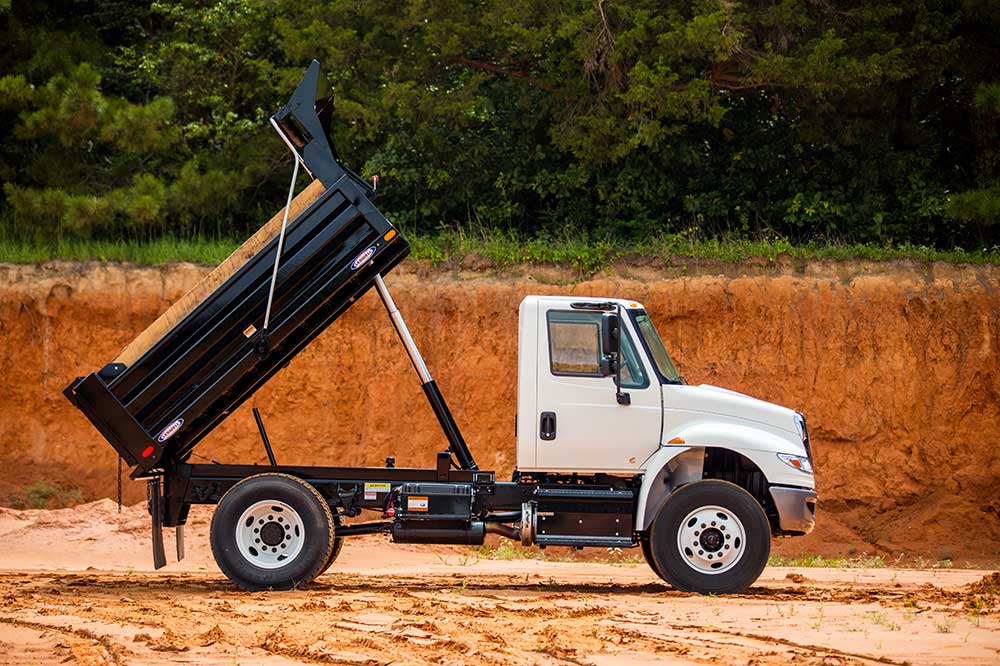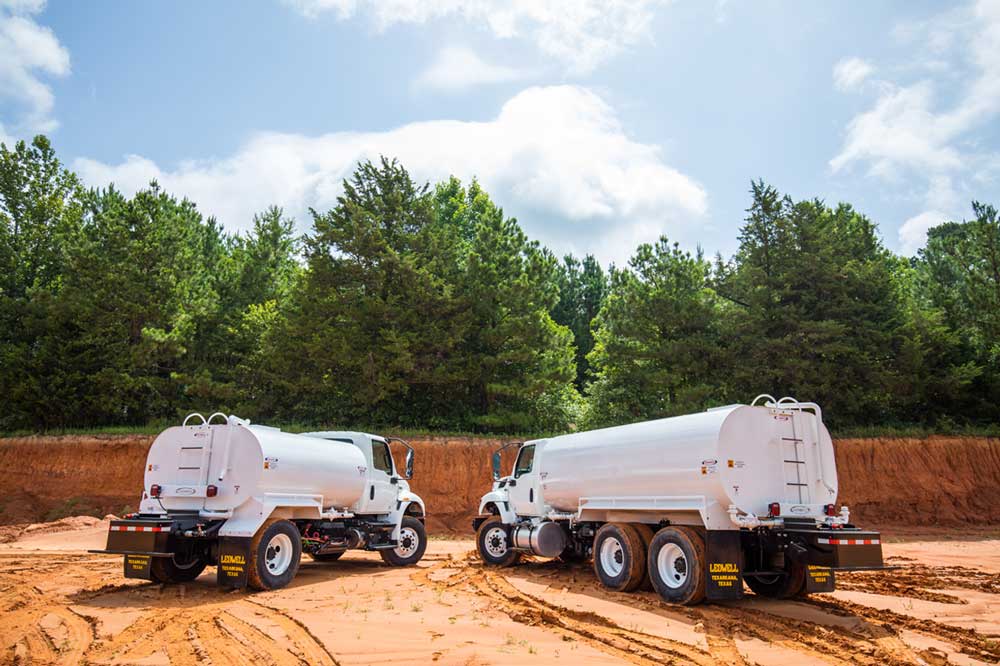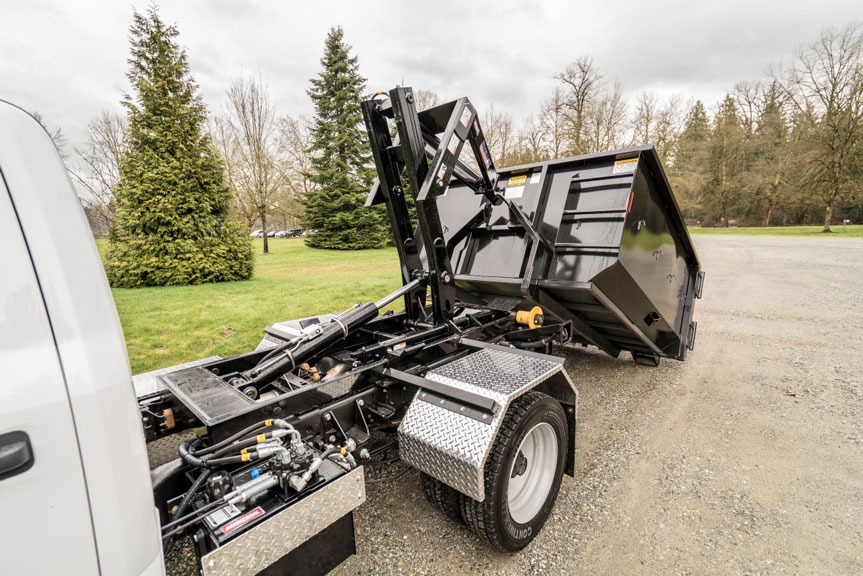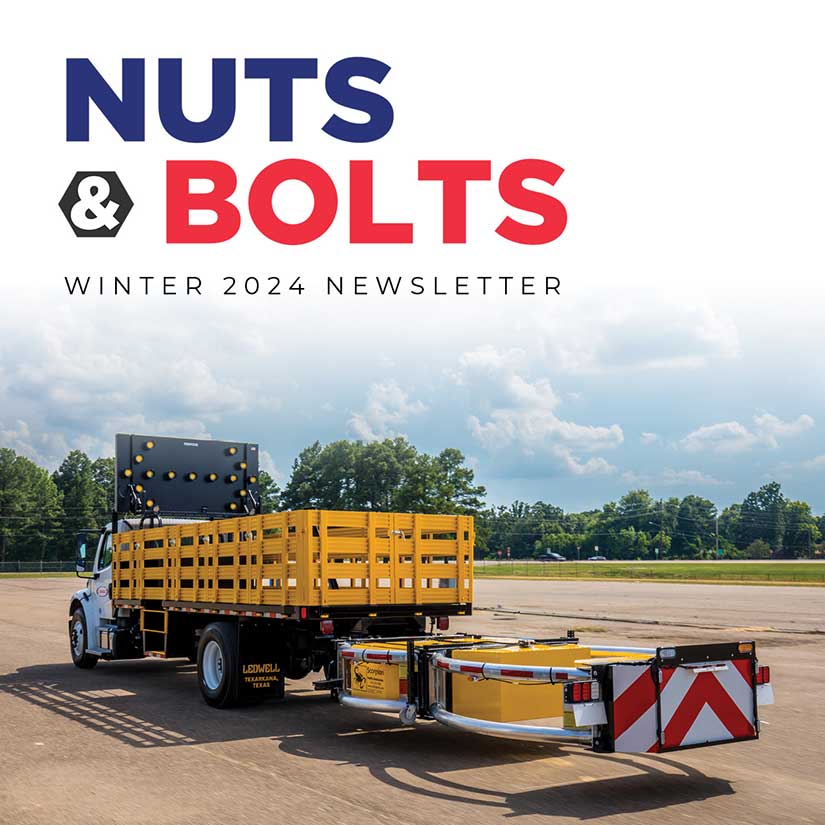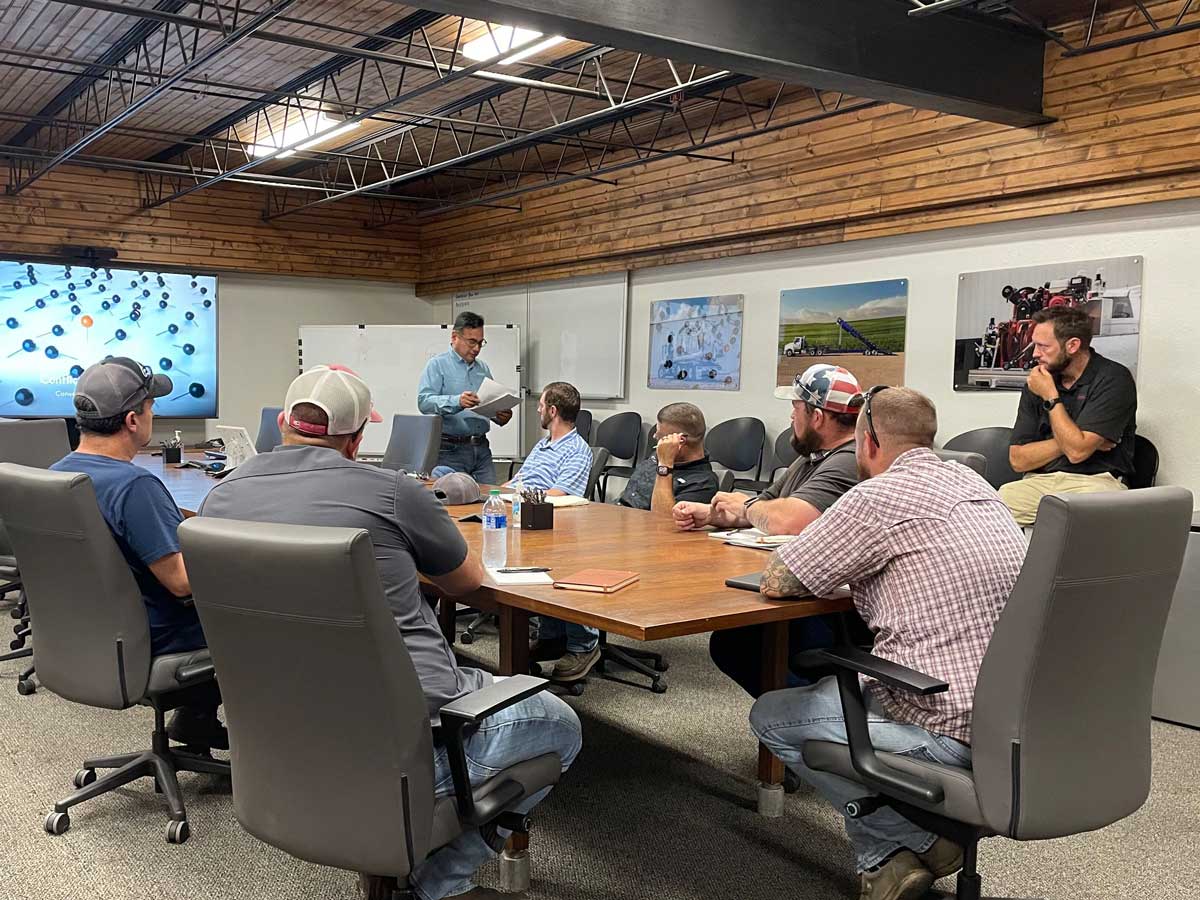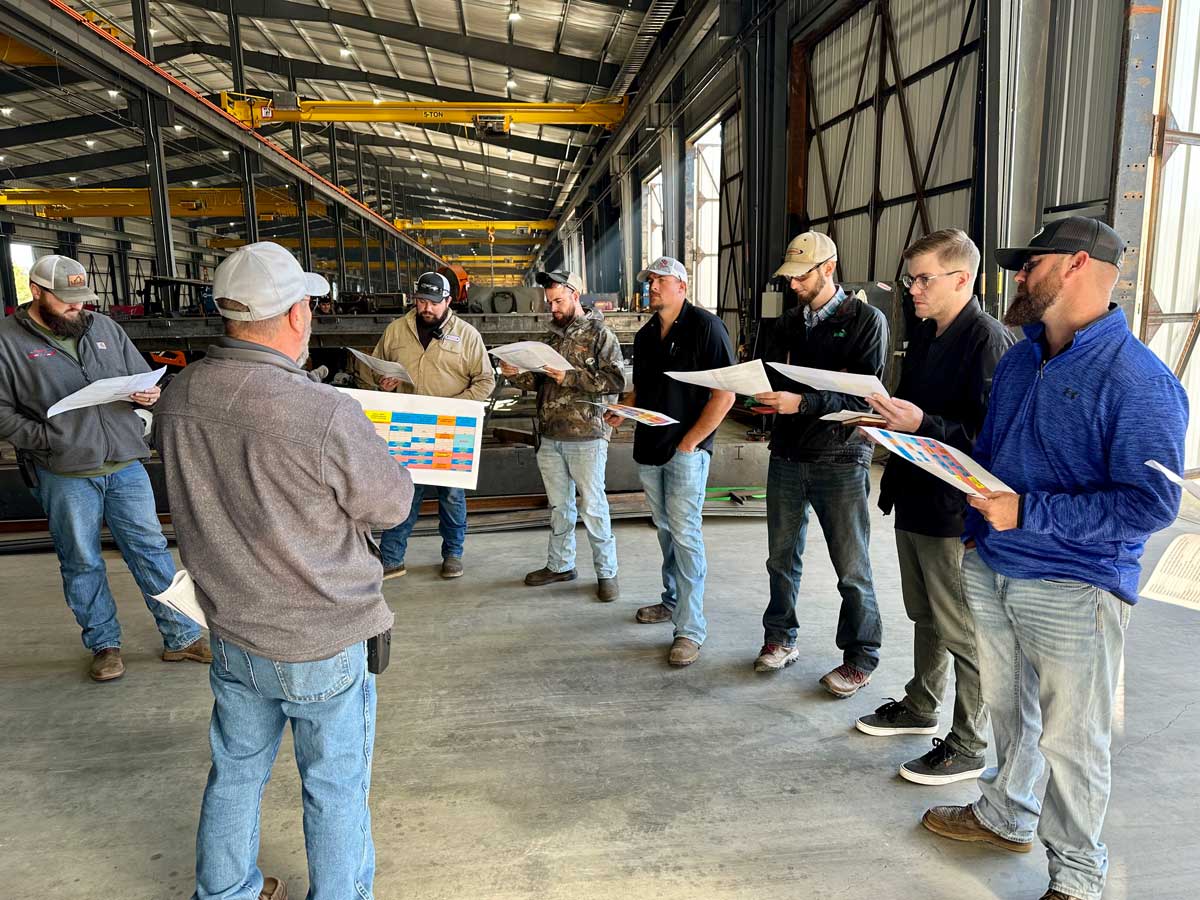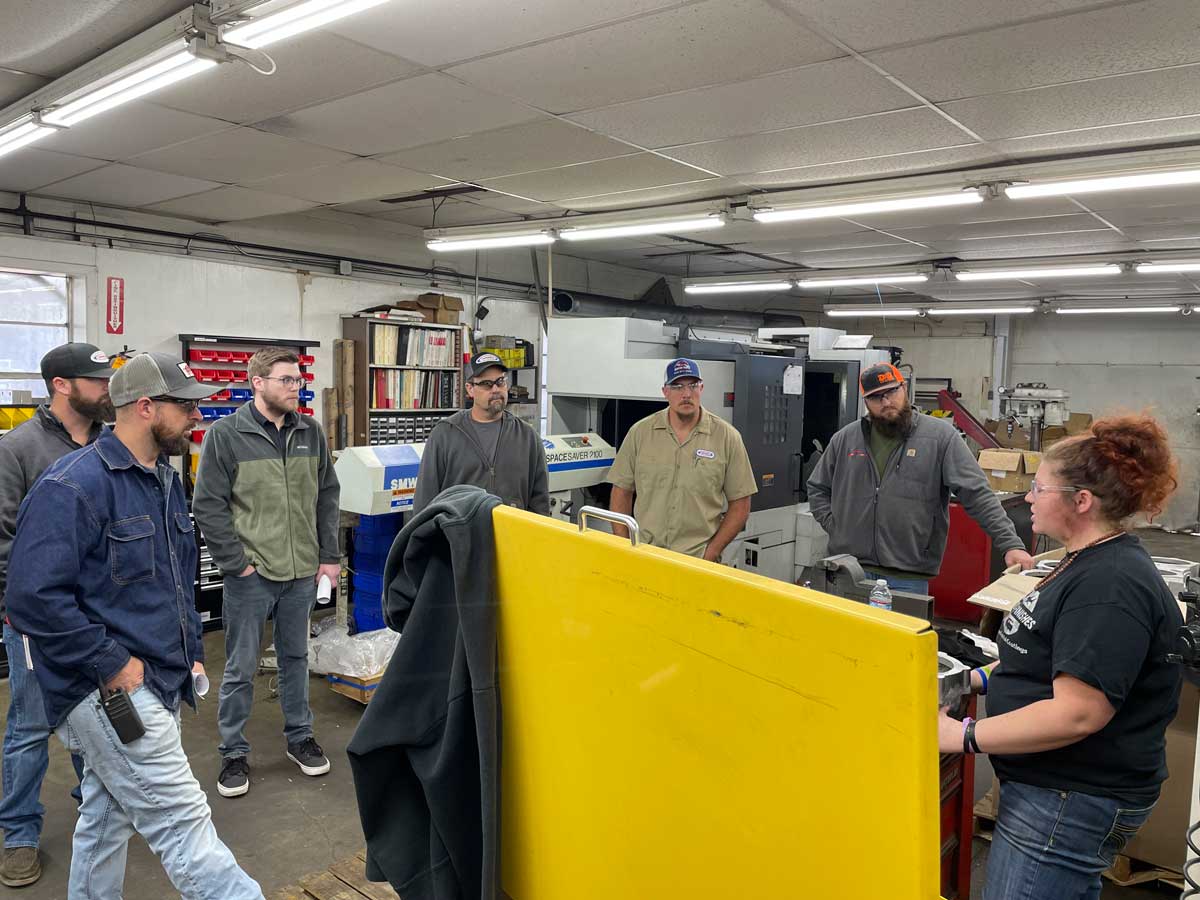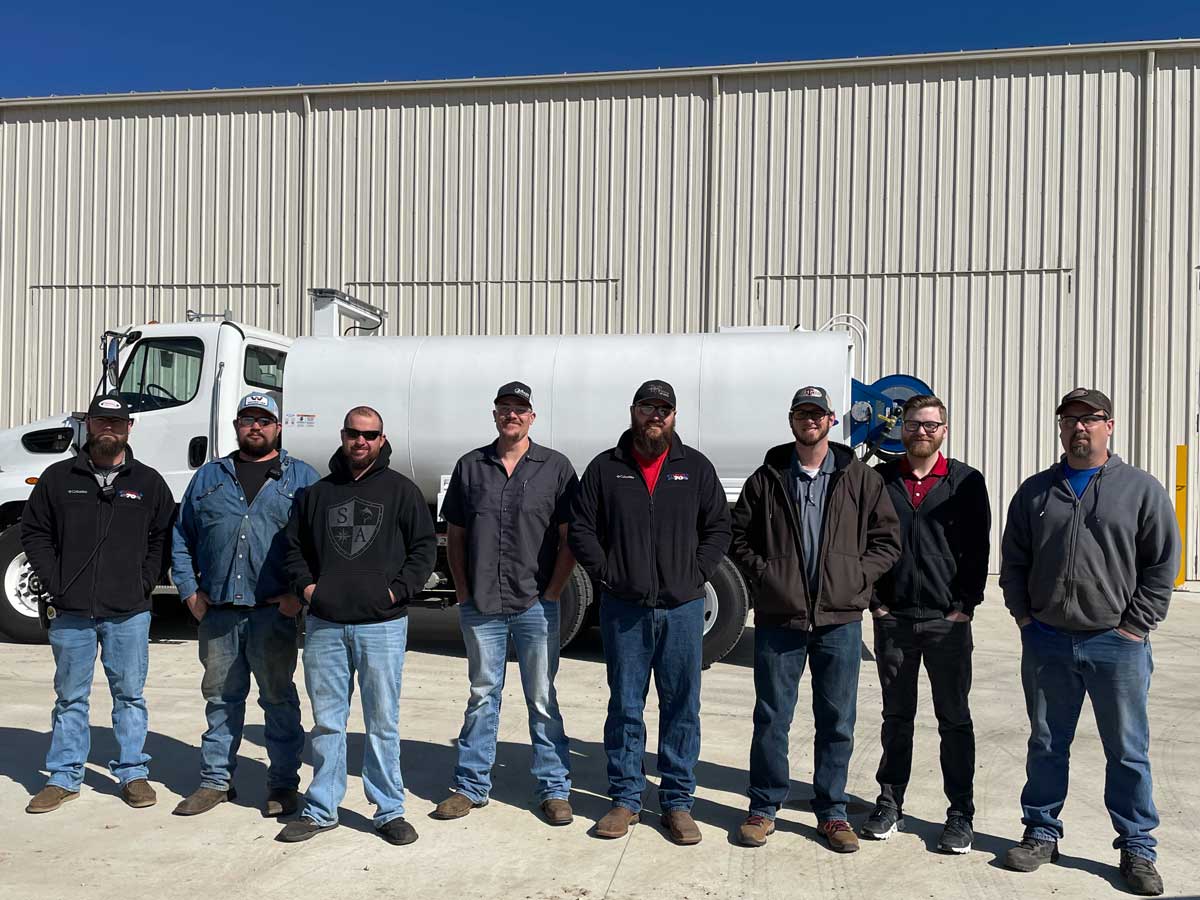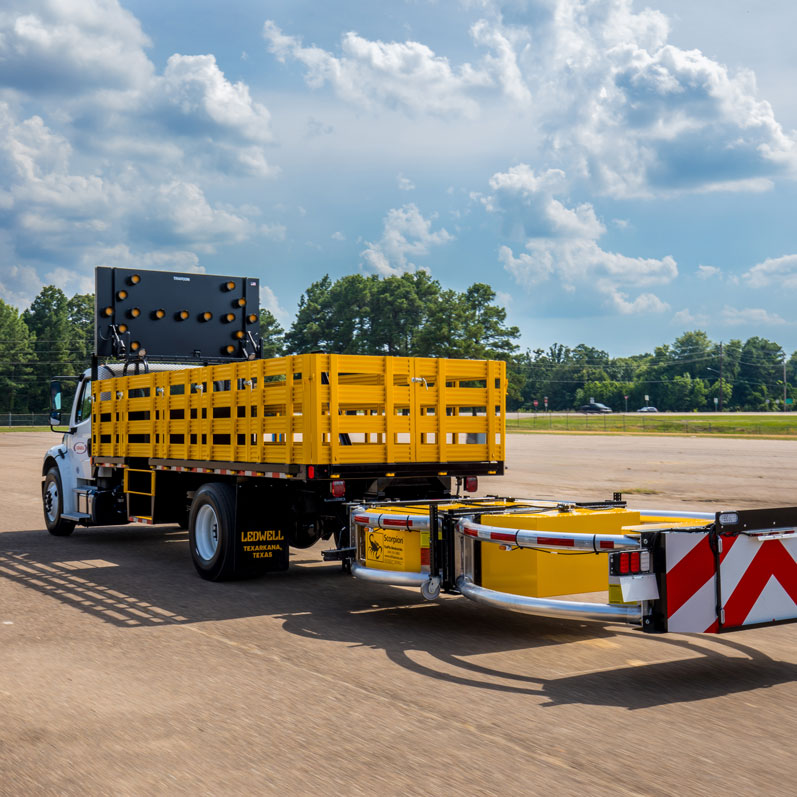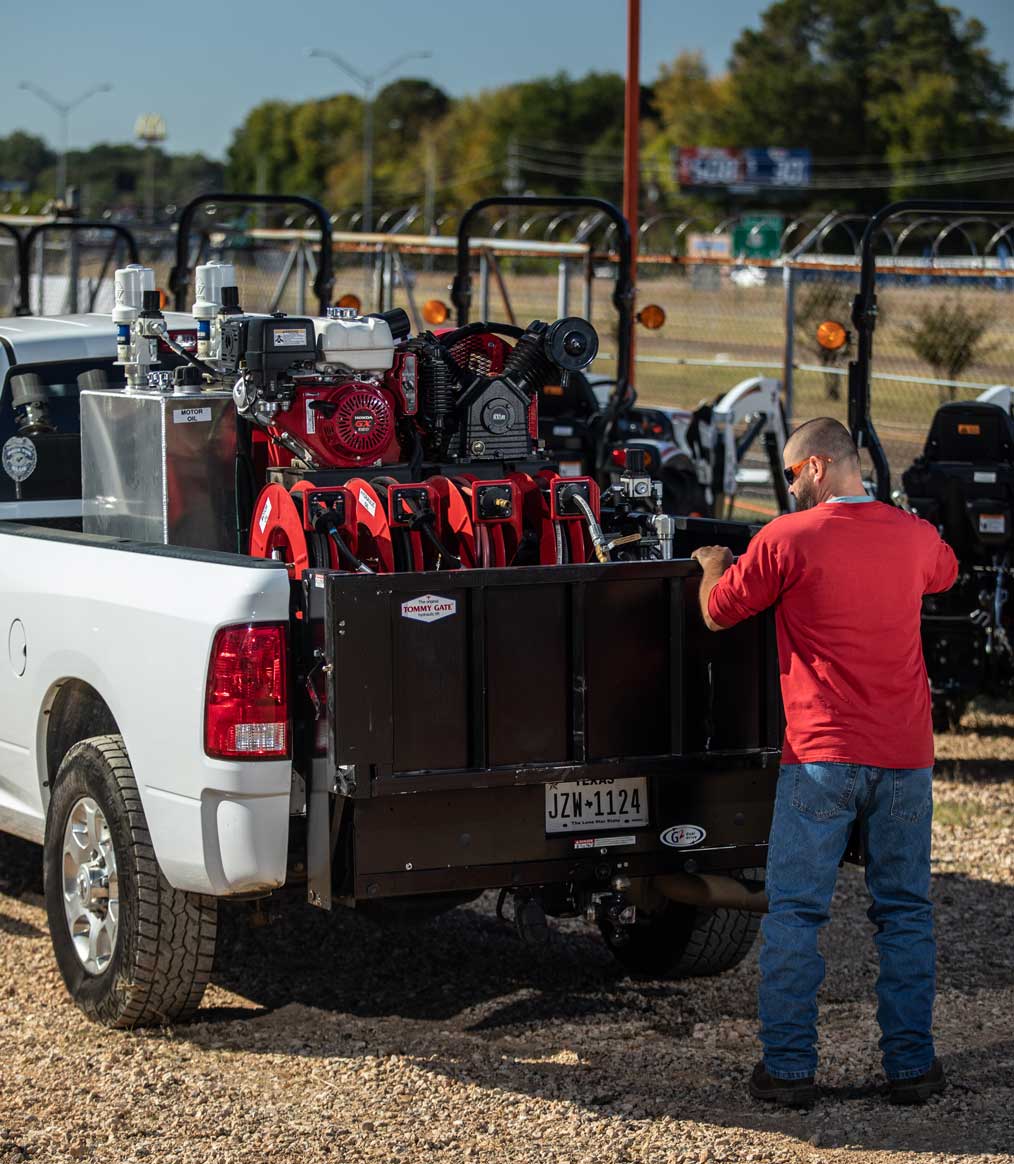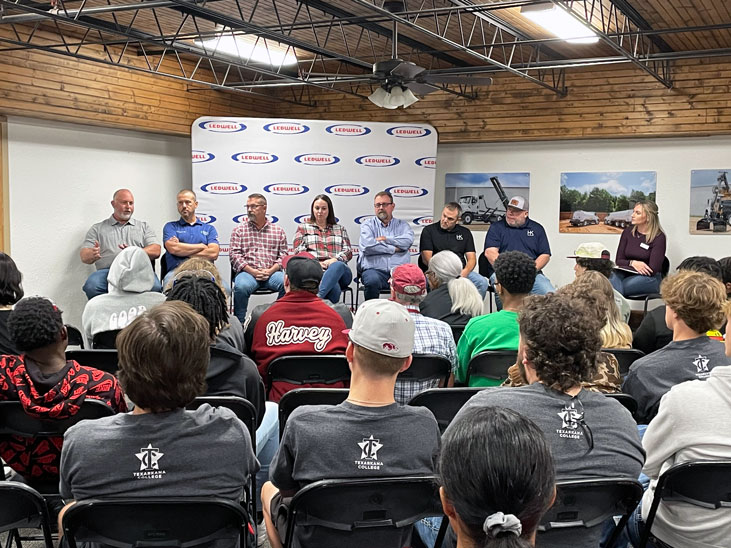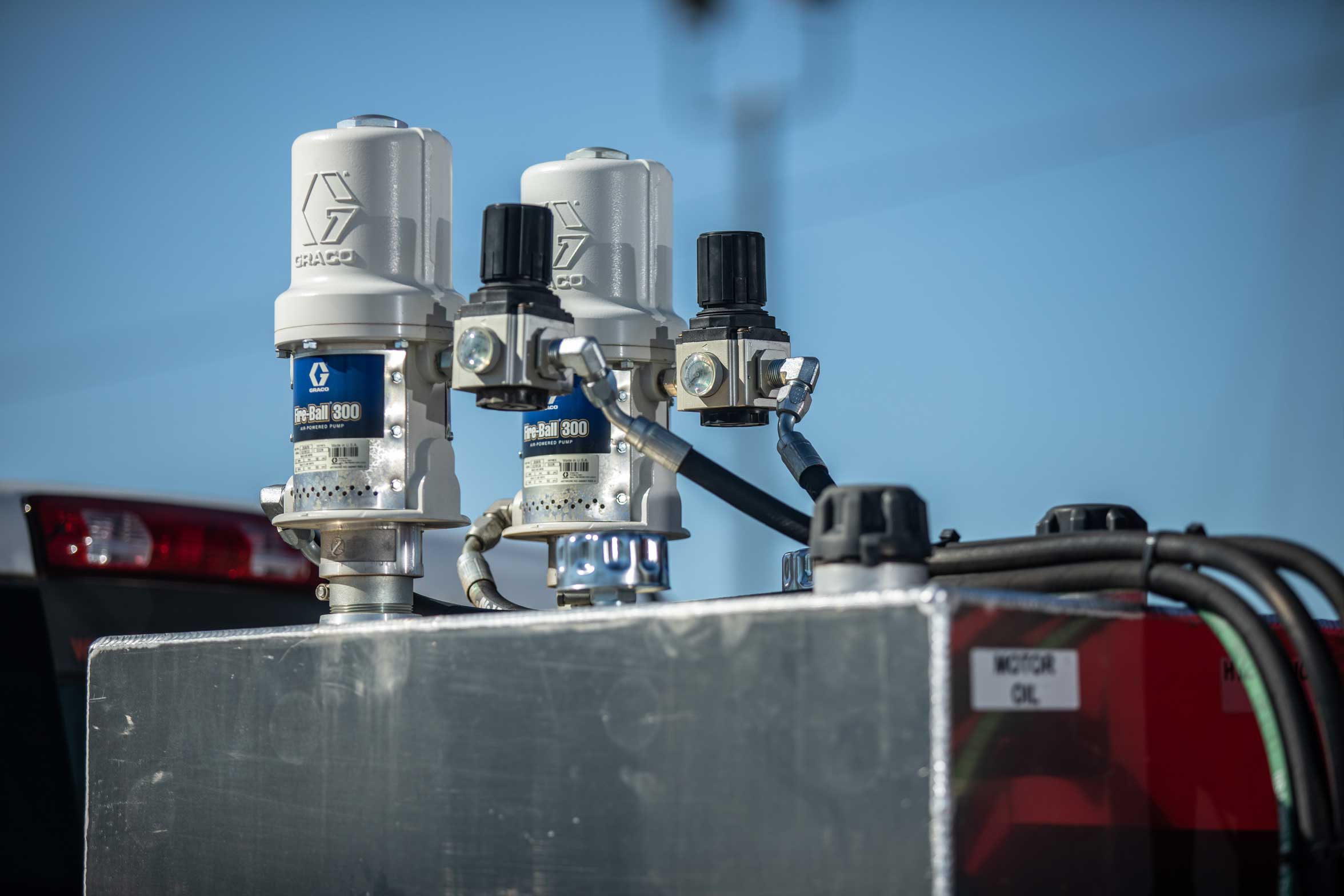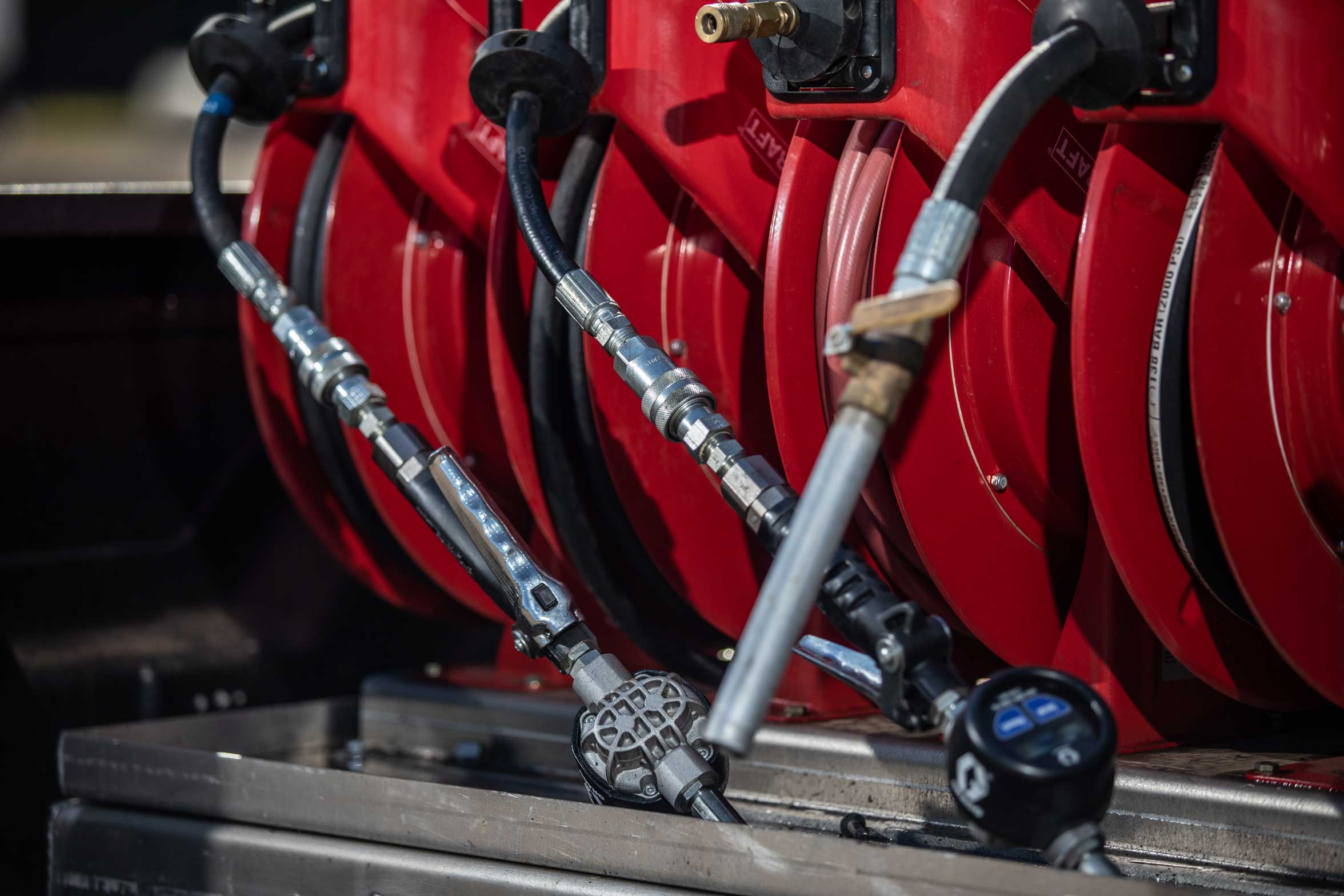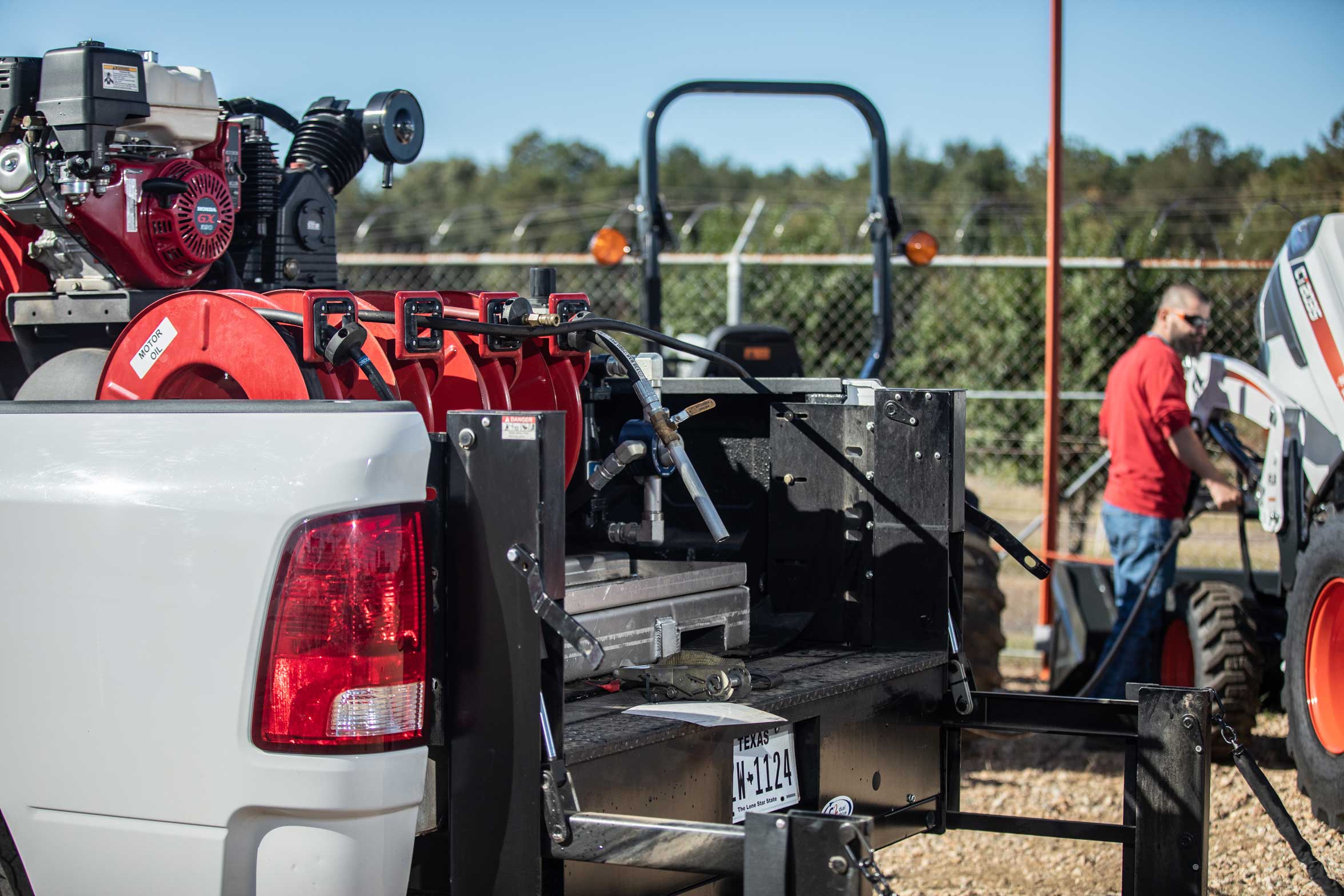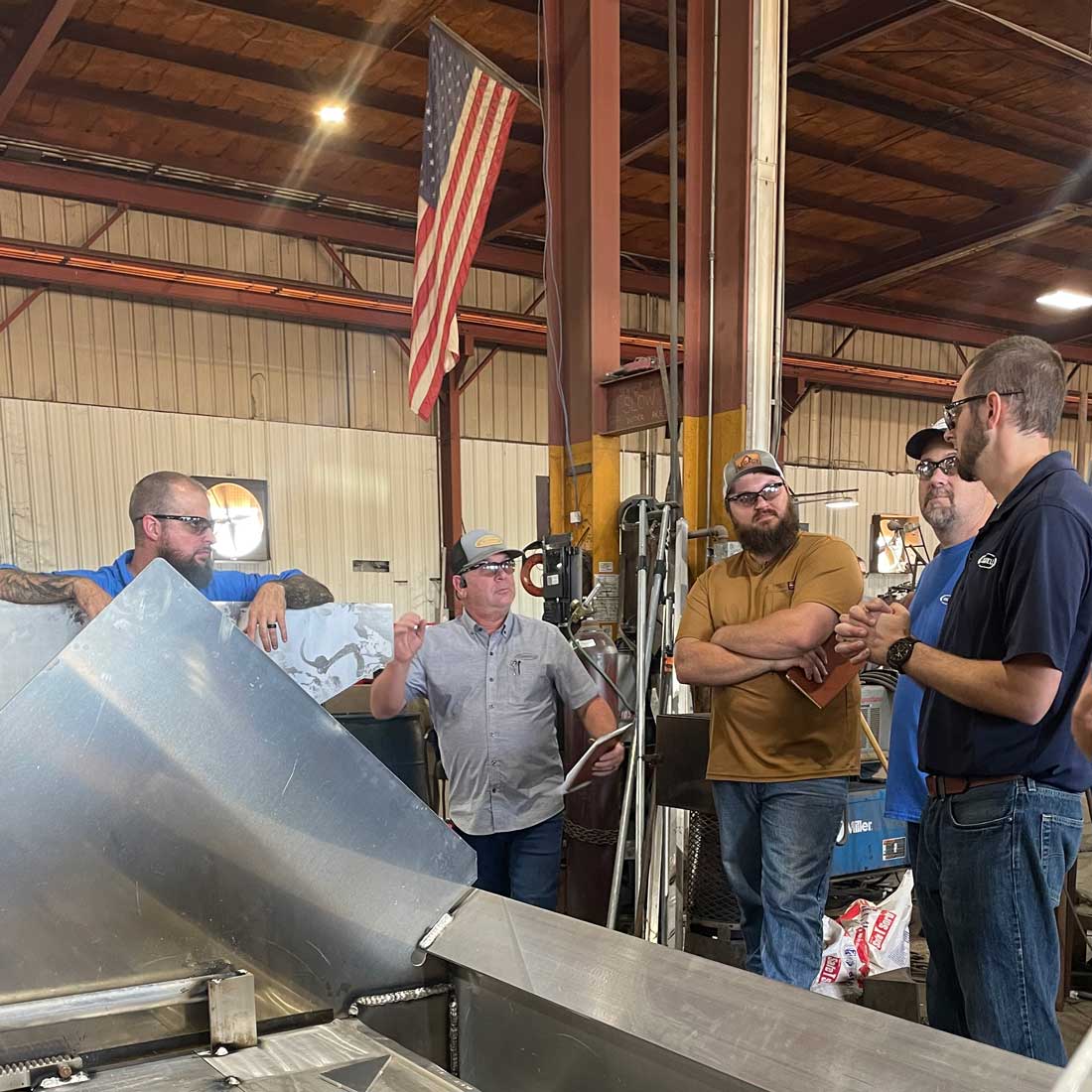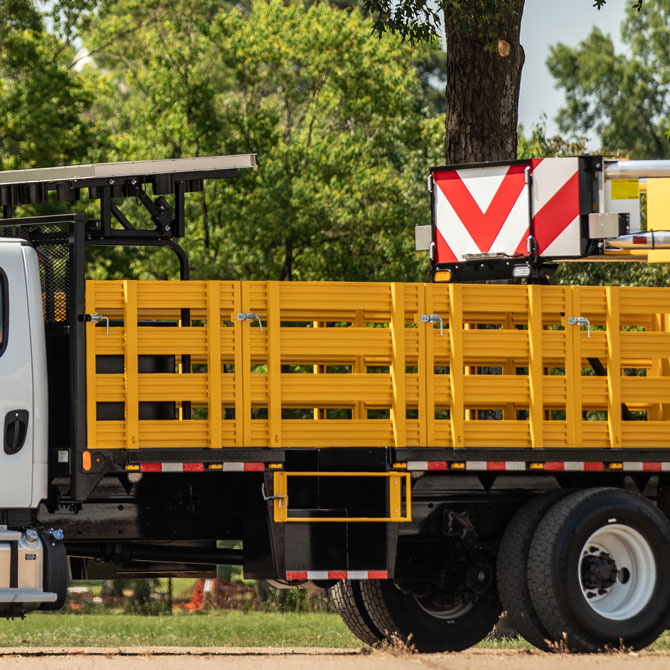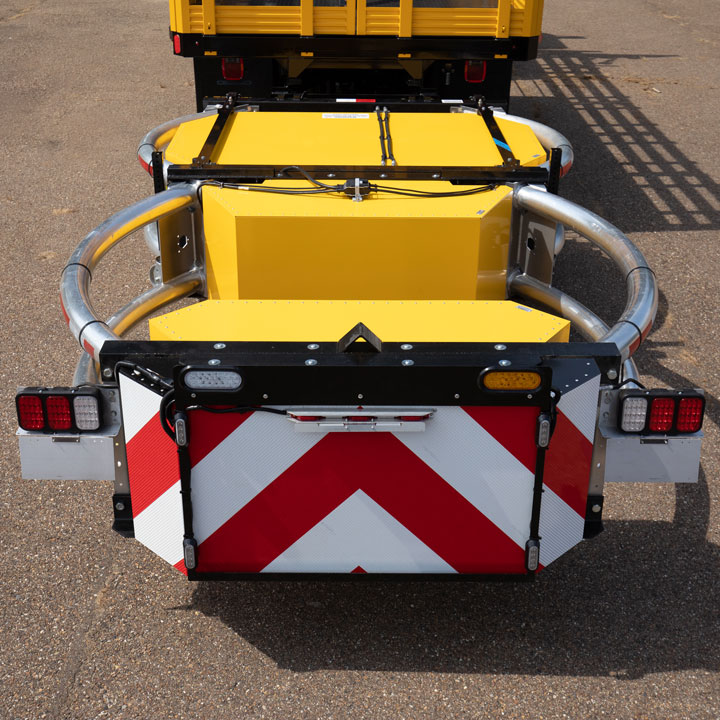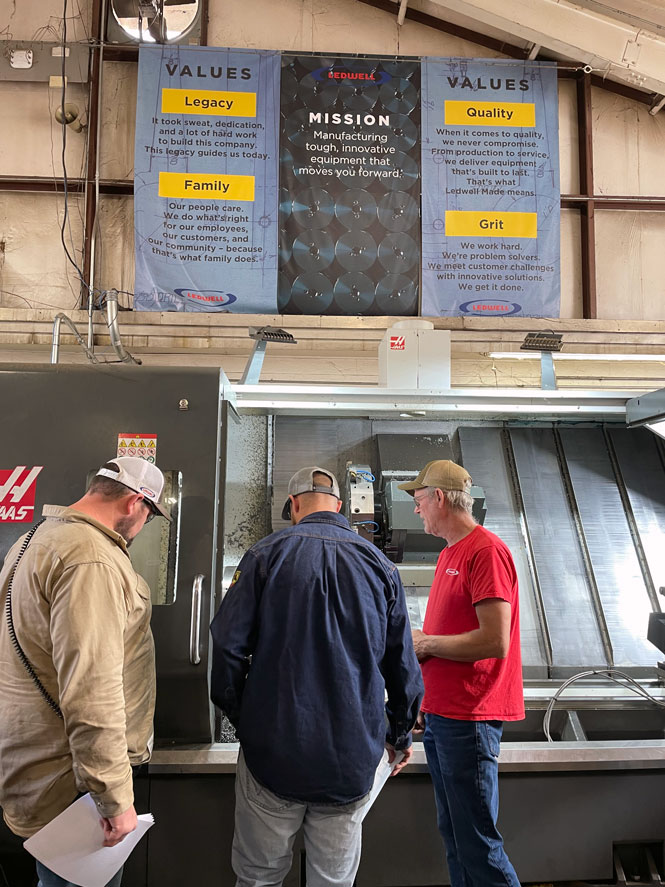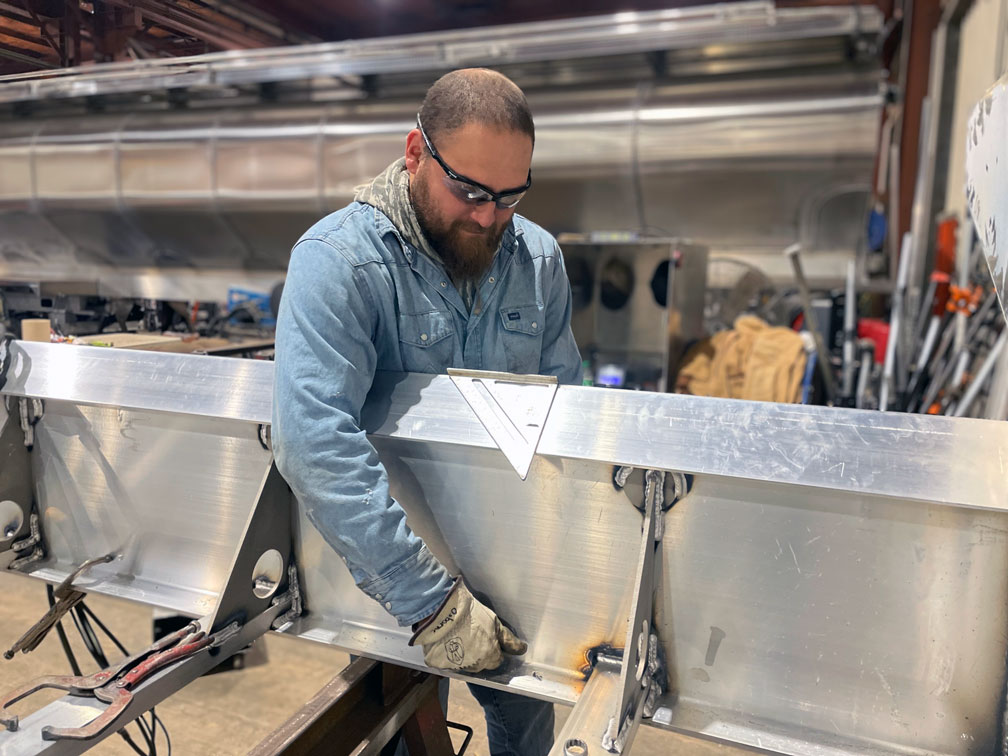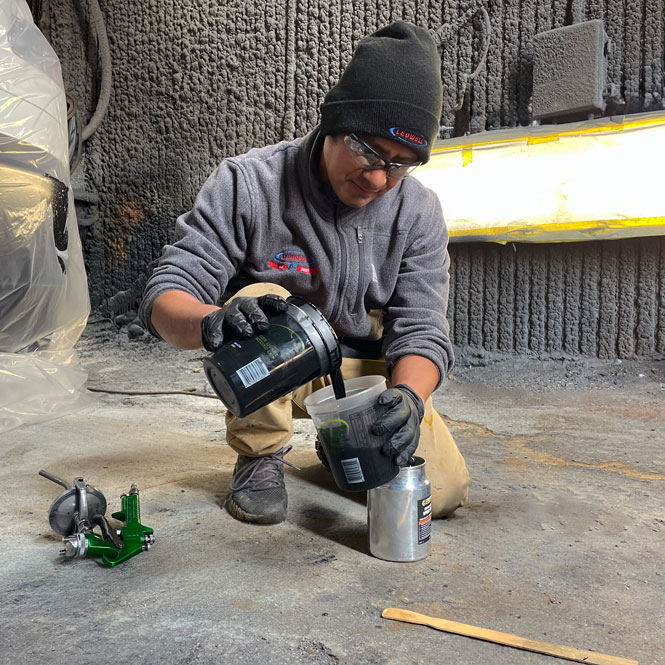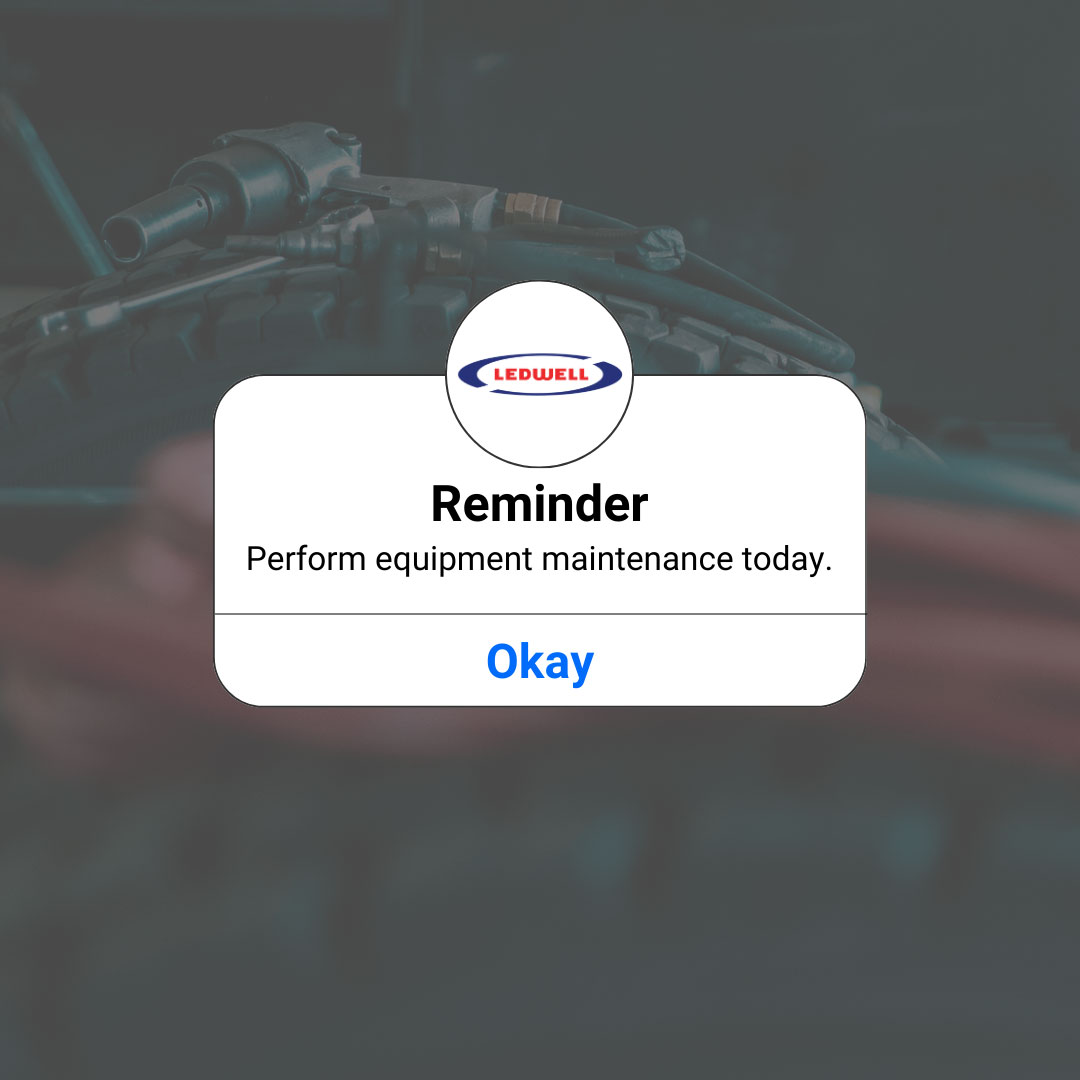
As an equipment owner, you play a crucial role in ensuring the efficiency and longevity of your equipment. This guide empowers you with the knowledge and tools to do so effectively. No matter your equipment, it performs best when you stick to an equipment maintenance schedule. A proper schedule, which includes greasing, ensures smooth operation and prolongs equipment life.
This not only reduces downtime and stress but also significantly lowers ownership expenses. Accessible preventative maintenance schedules provide all the information you need to keep your machinery in top shape, ensuring a smart and cost-effective investment.
Why Equipment Maintenance Matters:
Efficiency: Routine maintenance helps equipment operate more efficiently.
Longevity: Regular servicing can extend the operational life of your equipment.
Cost Reduction: Less downtime and fewer repairs mean reduced costs.
Peace of Mind: Knowing your equipment is well-maintained reduces stress and worry.
Performing routine maintenance protects your investment by lowering your ownership costs.
Adhering to a structured maintenance plan optimizes equipment performance and ensures its durability and reliability. The benefits extend beyond operational efficiency and translate into tangible savings. Here are some specifics about daily, weekly, and monthly maintenance checks you should perform based on equipment type.
HYDRATAIL TRAILER | HYDRATAIL TRUCK
Daily Service Checks:
– Running lights, brake lights, and turn signals
– Reflectors/conspicuity tape
– Tire pressure and condition
– Wheels and wheel nuts
– Oil in axle hubs
– Brakes functionality
– Power Take Off for leaking
– Electric and air connections
– Frame & cross members
– Mud flaps
– Floor
– Winch cable
– Fluid levels, if applicable
– Landing gear, if applicable
Weekly Service Checks:
– Lubricate tail and mini deck hinge points
– Hydraulic system for leaks and oil levels in the reservoir
When lubricating equipment, use GL2 marine-based grease.
Monthly Service Checks:
– Grease all zerks, including cylinder pins, H-lock, fold lock, fold linkage, and tail
– Cylinders for leaks
– All wiring, air lines & hydraulic lines
– Winch cable for fraying/bends
– Bed/Trailer structure
– Hydraulic oil for dirt/water
Hydraulic System Maintenance:
– Check hydraulic system for leaks and oil levels in the reservoir
– Change hydraulic oil filters twice a year
– Change hydraulic oil at least once a year.
ROLLBACK TRUCK
Daily Service Checks:
– Running lights, brake lights, and turn signals
– Reflectors/conspicuity tape
– Tire pressure and condition
– Wheels and wheel nuts
– Oil in axle hubs
– Brakes functionality
– Power Take Off for leaking
– Electric and air connections
– Frame & cross members
– Mud flaps
– Fluid levels
– Floor
– Winch cable
Weekly Service Checks:
– Apply grease to the main runners of the bed
– Grease all cylinder pins
– Grease pivot blocks
– Hydraulic system for leaks and oil levels in the reservoir
When greasing equipment, use GL2 marine-based grease.
Monthly Service Checks:
– Grease all zerks, including cylinder pins, H-lock, fold lock, fold linkage, and tail
– Cylinders for leaks
– All wiring, air lines & hydraulic lines
– Winch cable for fraying/bends
– Bed structure
– Hydraulic oil for dirt/water
– Slide pads for wear
Hydraulic System Maintenance:
– Check the hydraulic system for leaks and oil levels in the reservoir.
– Clean dirt from the I-beam and nylatron pads where they slide together and lightly grease.
– Clean off the valve spools and oil lightly.
– Grease fittings as necessary with GL2 marine-based grease.
– Change hydraulic oil filters twice a year and change hydraulic oil at least once a year.
DUMP TRUCK
Daily Service Checks:
– Brake lights and turn signals
– Reflectors/conspicuity tape
– Tire pressure and condition
– Wheels and wheel nuts
– Oil in axle hubs
– Brakes functionality
– Power Take Off for leaking
– Electric and air connections
– Structure
– Mud flaps
– Fluid levels
– Inside dump bed
– Hoist
Weekly Service Checks:
– Hydraulic bolts and fittings
– Grease fittings and lubricated as needed
Monthly Service Checks:
– Cylinders for leaks
– All wiring, air lines & hydraulic lines
– Bed structure
– Hydraulic oil for dirt/water
– PTO to ensure bolts are tight
– Tarp and boards for wear
Hydraulic System Maintenance:
– Check the hydraulic system for leaks and oil levels in the reservoir.
– Change hydraulic oil filters twice a year
– Change hydraulic oil at least once a year
WATER TRUCK
Daily Service Checks:
– Brake lights and turn signals
– Reflectors/conspicuity tape
– Tire pressure and condition
– Wheels and wheel nuts
– Oil in axle hubs
– Brakes functionality
– Power Take Off for leaking
– Electric and air connections
– Structure
– Mud flaps
– Fluid levels
– Pump
Monthly Service Checks:
– Pump packing with recommended leakage of 30 to 60 drops per minute
– Inspect the Drive Line and lubricate u-joints
– PTO to ensure bolts are tight
Seasonal Equipment Maintenance:
If freezing temperatures are imminent, open all valves and drain cocks to drain the system completely.
Equipment maintenance schedules are readily accessible! You’ll find everything you need to know about caring for your machinery and ensuring it’s in tip-top shape. So, keep those machines humming and watch your efficiency soar!

